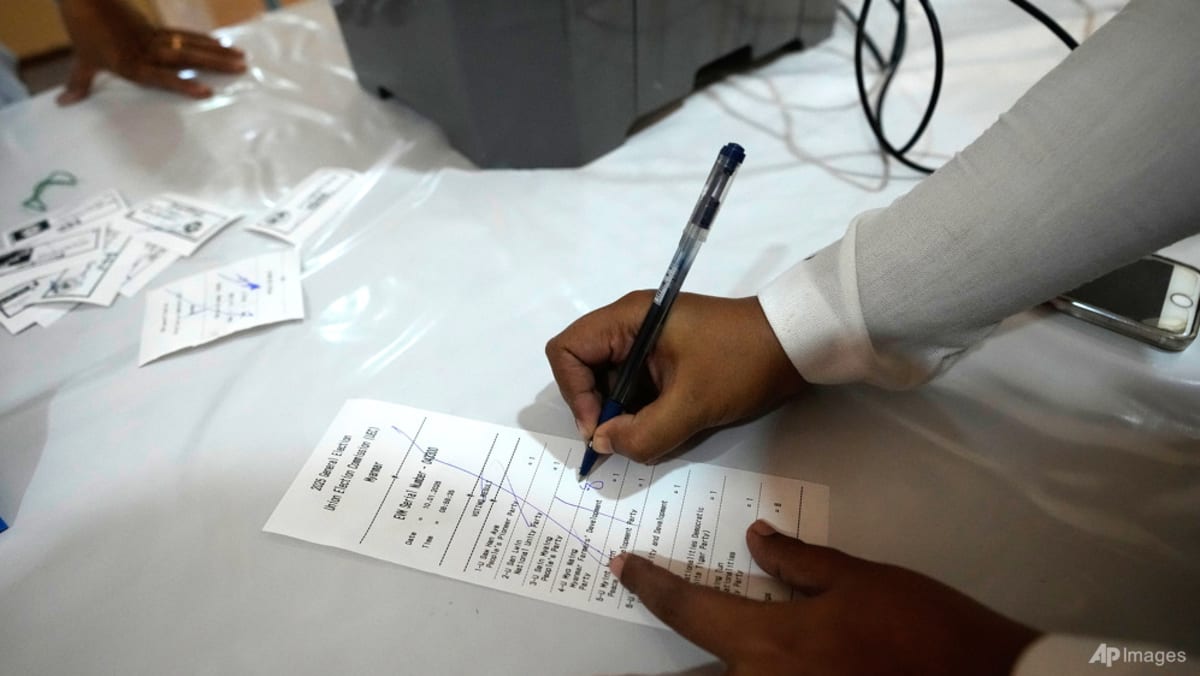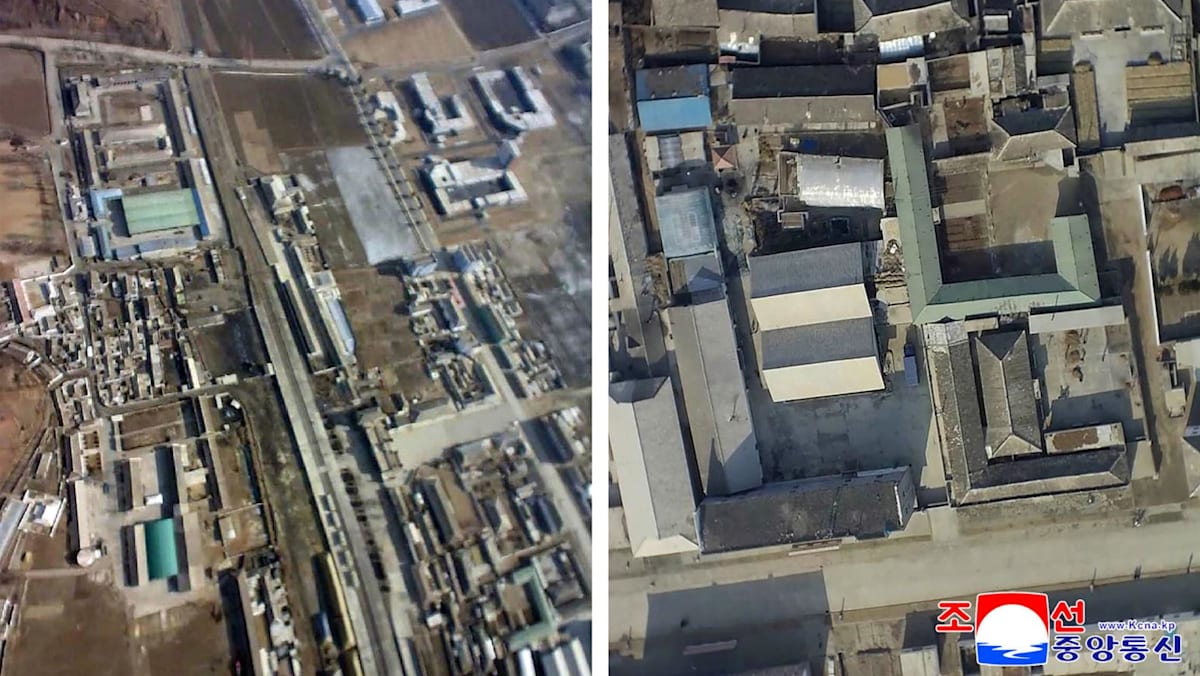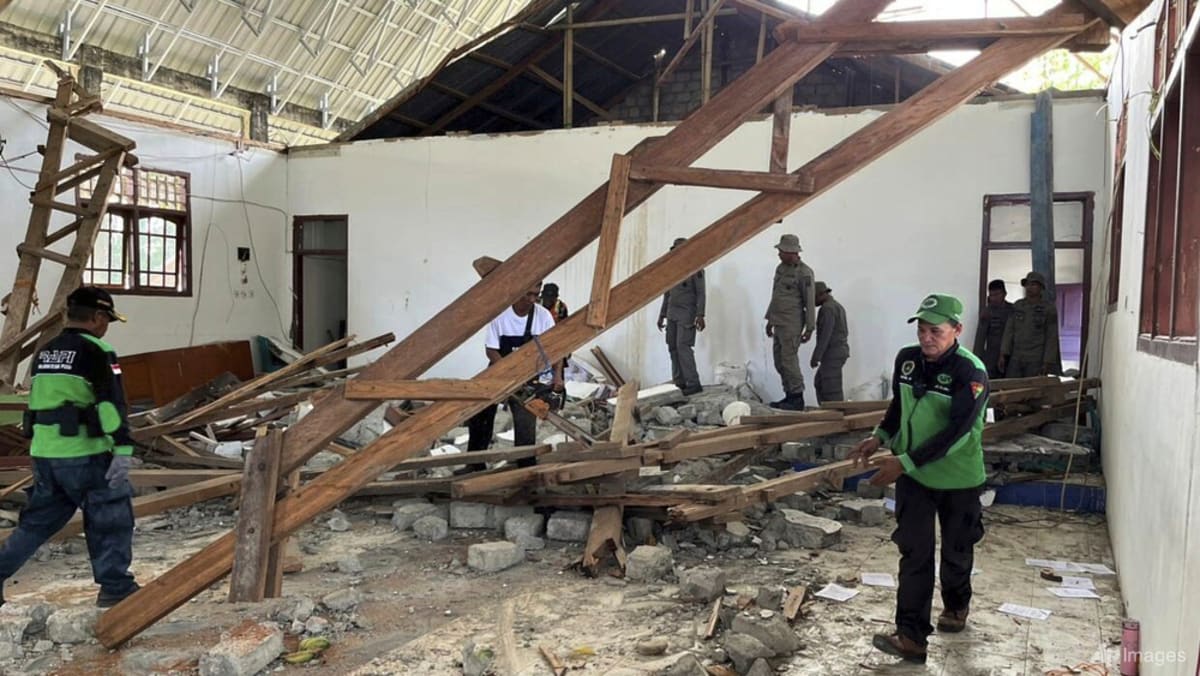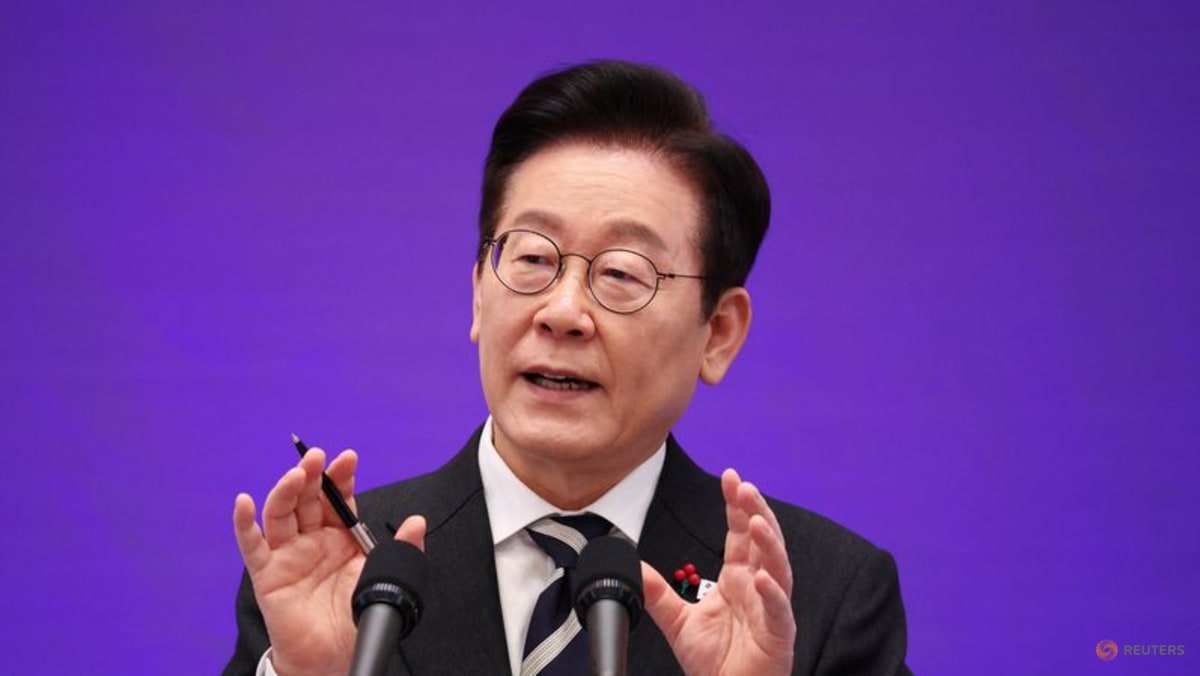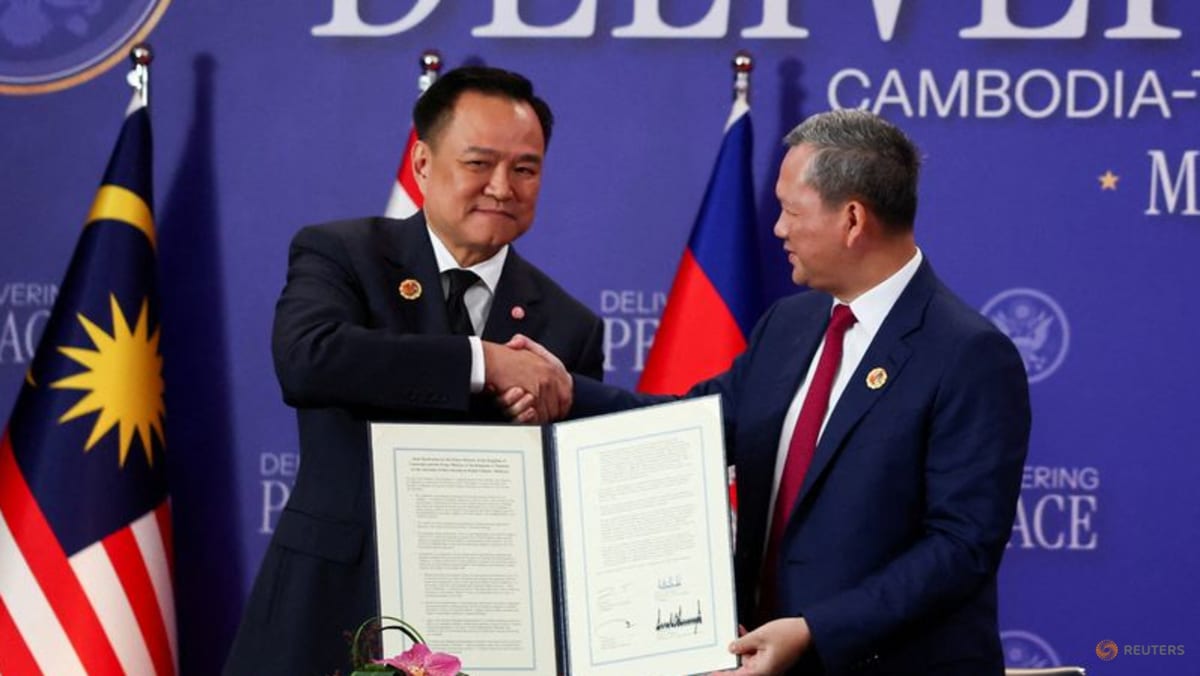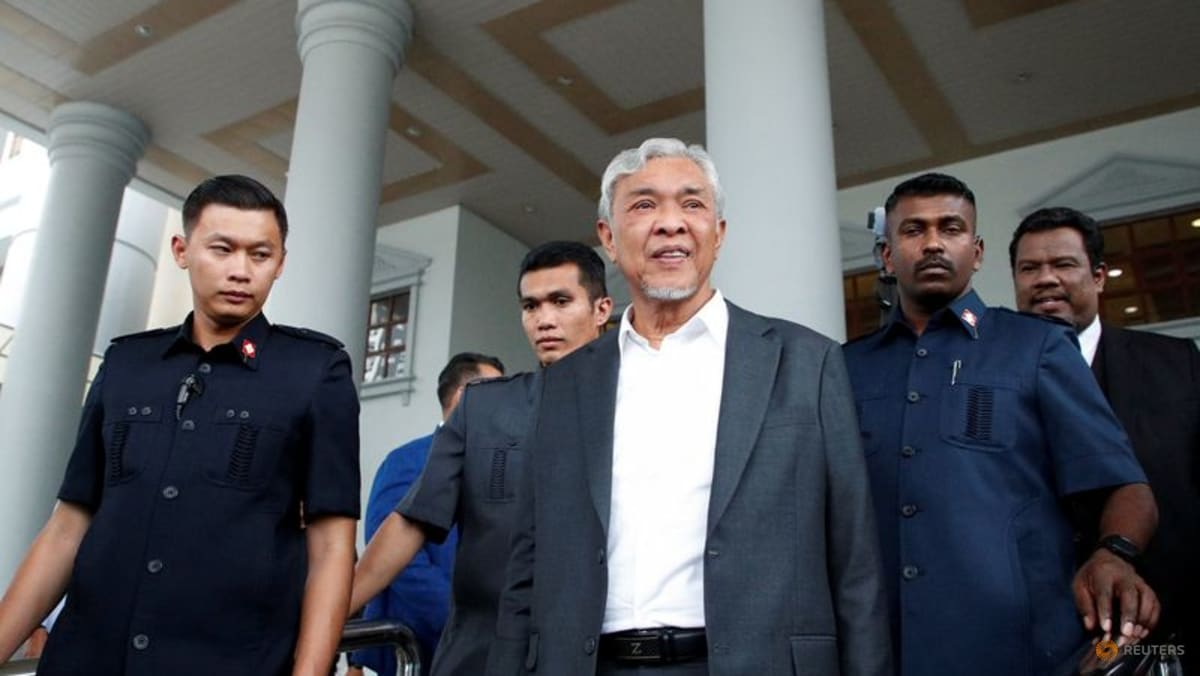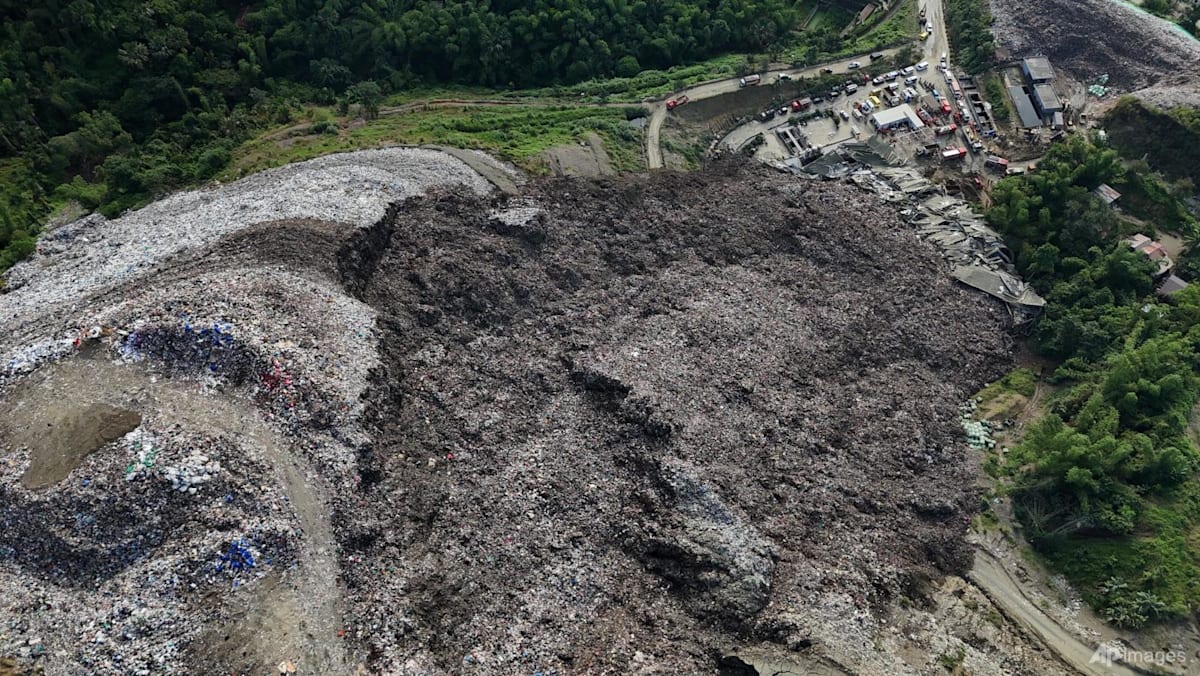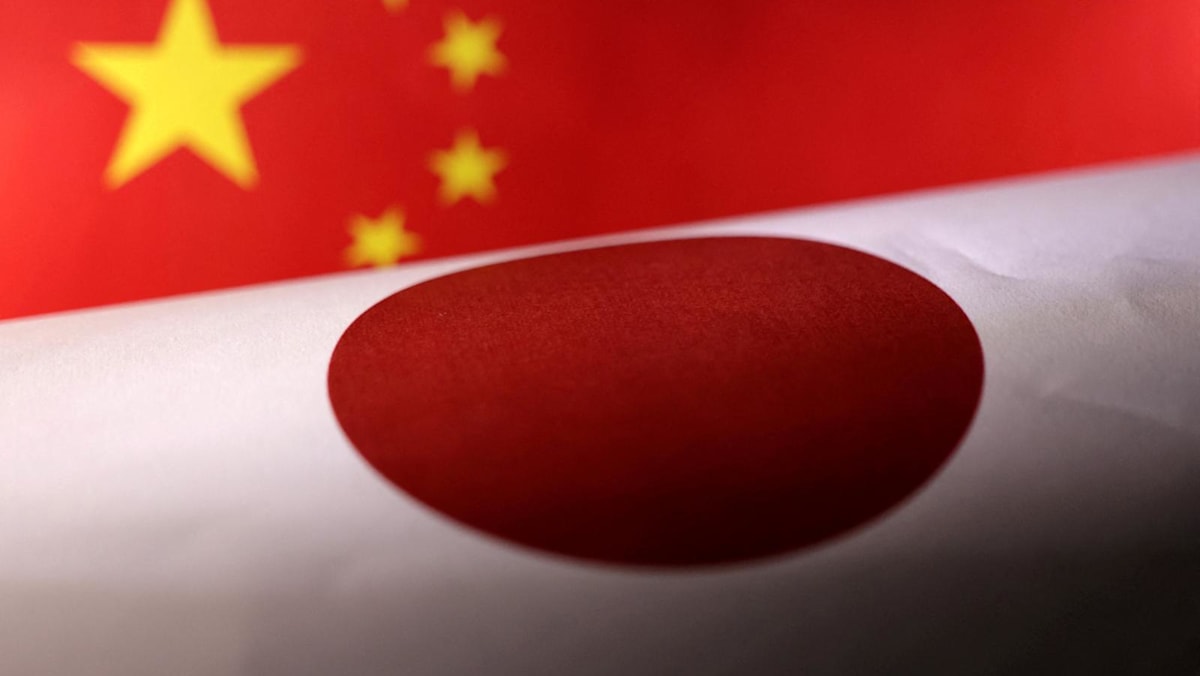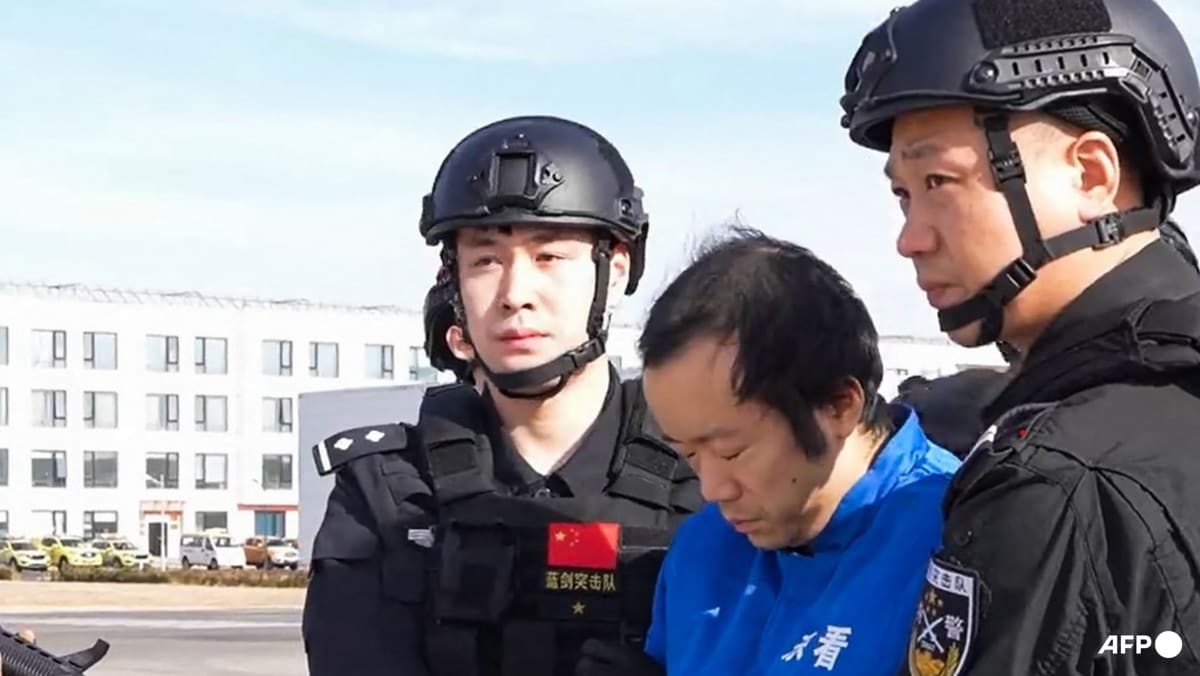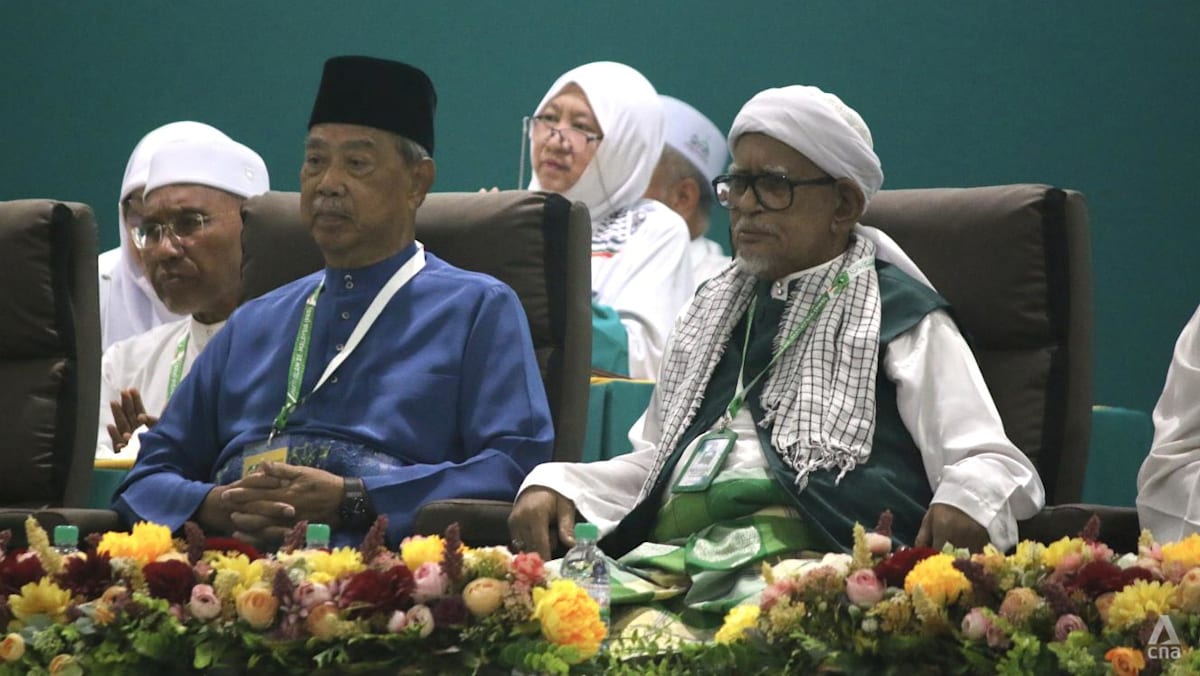Commentary: Online scams in Southeast Asia create double victims – those targeted and those forced to carry them out

REGIONAL STRATEGY NEEDED TO ROOT OUT SCAM OPERATIONS
Some victims have managed daring escapes. In September last year, a group of 60 Vietnamese fled from a casino in Bavet city, in Cambodia’s Svay Rieng province. This followed just weeks after a group of 40 Vietnamese broke out of a Chinese-managed casino in Cambodia’s Kandal province and swam across the river to Vietnam’s An Giang province. Some were reportedly swept away by the waters.
Rescue attempts have become frequent. Reports indicated that Thailand was planning to rescue as many as 3,000 Thais believed to be held in Cambodia.
However, gangs also traffic people from outside of Southeast Asia as operations expand. Last November, 11 Indian nationals were rescued from the Golden Triangle. Lao authorities were acting on a tip from the Indian embassy after victims were lured to work as IT specialists in Dubai, Singapore and Thailand, with offers of well-paying jobs and pre-arranged flights, visas and passports.
The UNDOC report stated “international NGOs have identified over 40 nationalities of trafficking victims in scam compounds in Southeast Asia … targeted because of their language skills (English, Mandarin) as well as their familiarity with social media, and cryptocurrency”.
Following the 2021 coup in Myanmar, the influence of local warlords in the region appears to have expanded, with little sway held by the central authority to deal with crime. Often, the pro-junta forces are perpetrators.
Shwe Kokko, which means “Chinatown” in the local dialect, is a new town in Myawaddy in southeast Myanmar’s Kayin (Karen) state near the Thai border. It is currently under the control of the Karen Border Guard Force, allied to Myanmar’s army, the Tatmadaw.
While in Kokang Special Administrative Zone, controlled by the Tatmadaw-allied Border Guard Forces (BGF), bordering China’s Yunnan province, transboundary crimes are backed by a local casino boss, according to a report by the US Institute of Peace.
Regional crackdown efforts have intensified. In June, Thailand’s Electricity Authority cut power to a Shwe Kokko casino at the request of Myanmar after a gambling tycoon was arrested in Bangkok. And a large group of Chinese nationals allegedly involved in cybercrime were recently repatriated.
But these are piecemeal steps. There is no clear regional strategy to root out scam operations from Southeast Asia.
Jitsiree Thongnoi is a Bangkok-based freelance journalist covering political and economic development in Thailand and China’s role in Thailand, the Mekong region and Southeast Asia. This commentary first appeared on Lowy Institute’s blog The Interpreter.
Source: CNA


